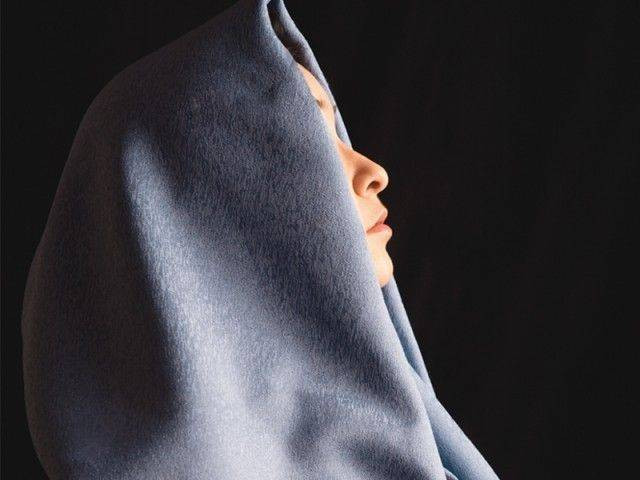UN seeks progress report on measures against honour killing
Human rights activists express their concern over delay in enacting laws against offences of honour killing and rape

Pakistan has been asked by the committee to submit its report by March 2017 PHOTO: FILE
Pakistan has been asked by the committee to submit its report by March 2017. Another progress report is to be presented to the UN Human Rights Committee Against Torture (CAT) for its examination on 17 April next year, the official added. CAT monitors matters pertaining to cruel, inhuman, degrading treatment and punishment.
Parliamentary panel clears honour killing, rape laws
“The progress reports will be submitted in compliance with the directive of the UN committees,” the official further said.
Human rights activists and civil society have repeatedly expressed their serious concern over constant delay on the part of federal government in enacting laws against offences of honour killing, rape and other anti-women laws and customs.
The government’s inability on this issue is reflected by the fact that it had miserably failed to get approval of three pro-women bills by the National Assembly within 90 days after they were passed by Senate last year.
As a result all the three proposed legislations, Anti-Rape Laws (Criminal Laws Amendment) Bill 2015, Anti-Honour Killing Laws (Criminal Laws Amendment) Bill 2015 and the Torture, Custodial Death and Custodial Rape (Prevention and Punishment) Bill had lapsed in October 2015.
The cause for the expiry of those bills was that the government delayed in convening the National Assembly session due to its political expediencies. According to the rules and procedure, those bills will now have to be approved by a joint session of parliament.
My son should be shot on sight, says Qandeel’s father
The UN committee on the elimination of discrimination against women in its report on 27 March 2013 had expressed its serious concern over the state of women in Pakistan.
Apart from several other issues pertaining to the lack of legislative measures to ensure protection of women against unfair treatment, the committee was extremely worried about the persistence of child and forced marriages, Karo-Kari, honour killing, stove burning and acid throwing, marriage to the Holy Quran and polygamy.
It was anxious that despite the provisions in the Criminal Law (Amendment) Act of 2004 that criminalise offences in the name of so-called honour, the Qisas and Diyat Ordinance continue to be applied in these cases, resulting in perpetrators being given legal concessions and/or being pardoned and not being prosecuted and punished.
The committee had asked Pakistan to address shortcomings in the Criminal Law (Amendment) Act of 2004 and repeal all provisions under which perpetrators of so-called honour crimes are allowed to negotiate pardon with victims’ families.
The UN body also expressed its concern at the high prevalence of domestic violence and martial rape and at the absence of clear legislation criminalising such acts.
It was also concerned about the paucity of information about the implementation of the standard operating procedures on the treatment of women victims of violence and at the scarce number of shelters for victims.
It was further concerned at the inconsistencies in the collection of data on violence against women and about reports on the wide circulation of small arms and its impact on women’s security.
Patriarchy is specifically violent towards fearless women
In line with its general recommendation No 19 (1992) on violence against women, the committee had called for ensuring the proper implementation of the Prevention of Anti-Women Practices Act of 2011 and other relevant legislation.
It also asked Pakistan to guarantee uniformity in the application of the law and repeal the provisions of the Qisas and Diyat Ordinance which discriminate against women.



















COMMENTS
Comments are moderated and generally will be posted if they are on-topic and not abusive.
For more information, please see our Comments FAQ